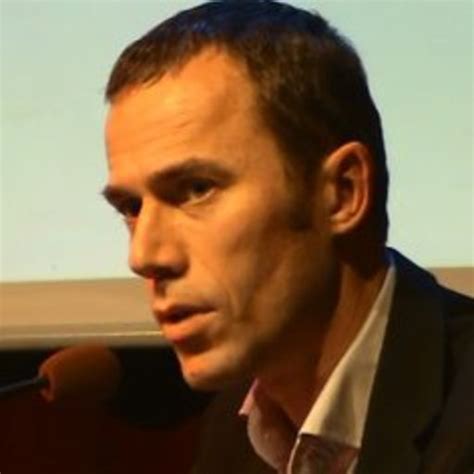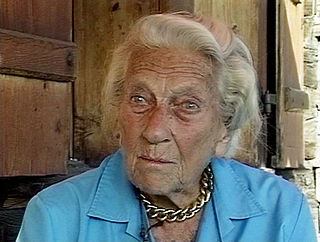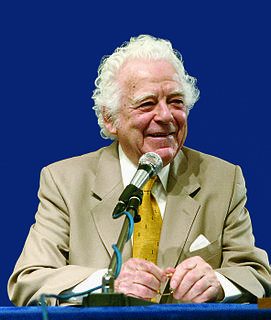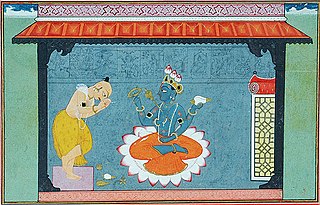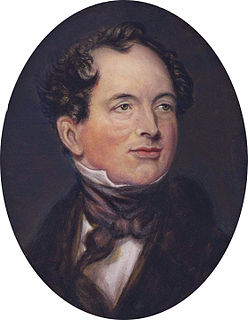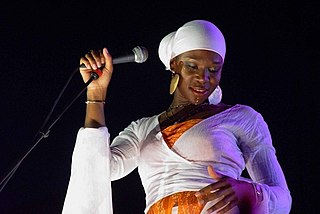A Quote by E. O. Wilson
Nature holds the key to our aesthetic, intellectual, cognitive and even spiritual satisfaction.
Quote Topics
Related Quotes
Mystical experience of nature can be of particular relevance to our troubled age, bringing deeper into our consciousness and emotions the logic that nature sustains humanity as humanity must, in turn, sustain nature. Rationality alone, however, cannot be our guide in the task of restoring our environment. A spiritual connection to nature must inspire the emotional commitment that is the yin, complementing the yang of intellectual understanding.
The intellectual is not defined by professional group and type of occupation. Nor are good upbringing and a good family enough in themselves to produce an intellectual. An intellectual is a person whose interest in and preoccupation with the spiritual side of life are insistent and constant and not forced by external circumstances, even flying in the face of them. An intellectual is a person whose thought is nonimitative.
Since the Greeks the predominant attitude of thinkers towards intellectual activity was to glorify it insofar as (like aesthetic activity) it finds its satisfaction in itself, apart from any attention to the advantages it may procure. Most thinkers would have agreed with Renan's verdict that the man who loves science for its fruits commits the worst of blasphemies against that divinity. The modern clercs have violently torn up this charter. They proclaim the intellectual functions are only respectable to the extent that they are bound up with the pursuit of concrete advantage.
I do not share the pessimism of the age about the novel. They are one of our greatest spiritual, aesthetic and intellectual inventions. As a species it is story that distinguishes us, and one of the supreme expressions of story is the novel. Novels are not content. Nor are they are a mirror to life or an explanation of life or a guide to life. Novels are life, or they are nothing.
Of one thing we can be sure: our own future is inseparable from the larger community that brought us into being and which sustains us in every expression of our human quality of life, in our aesthetic and emotional sensitivities, our intellectual perceptions, our sense of the divine, as well as in our physical nourishment and bodily healing.
In studying language we can discover many basic properties of this cognitive structure, its organization, and also the genetic predispositions that provide the foundation for its development. So in this respect, linguistics, first of all, tries to characterize a major feature of human cognitive organization. And second, I think it may provide a suggestive model for the study of other cognitive systems. And the collection of these systems is one aspect of human nature.
Living a lie - pretending everything is fine when we are
actually discontented - is hard work and, in the long run, even bad for our health. We pay a high price
for compromising on this honesty - and neglecting ourselves. Finding our inner passion, our mission
in life, and connecting with who we really are, our spiritual being or our higher self - this is the key to success and fulfilment. Our 'soul' purpose is our sole purpose in life.


